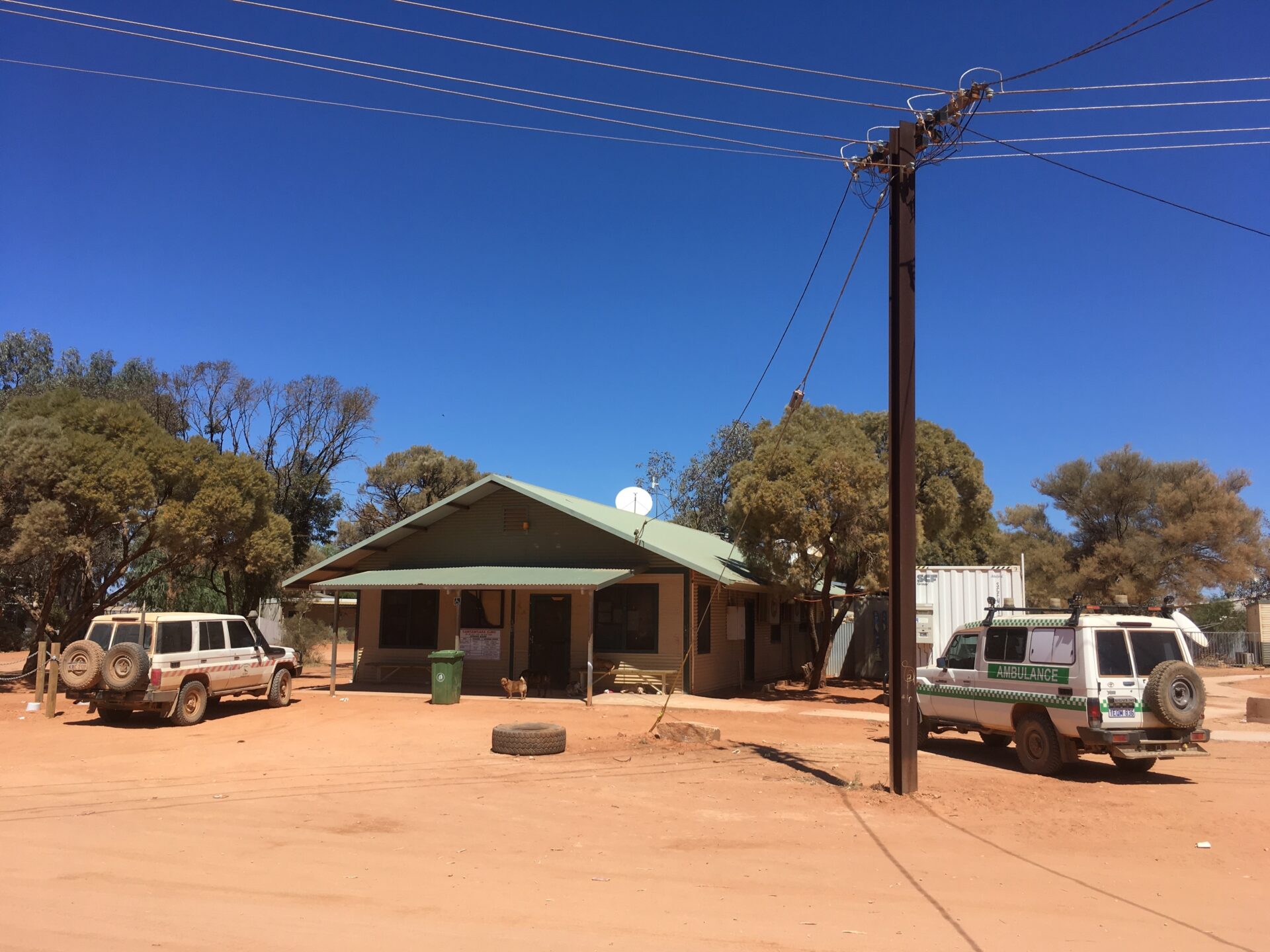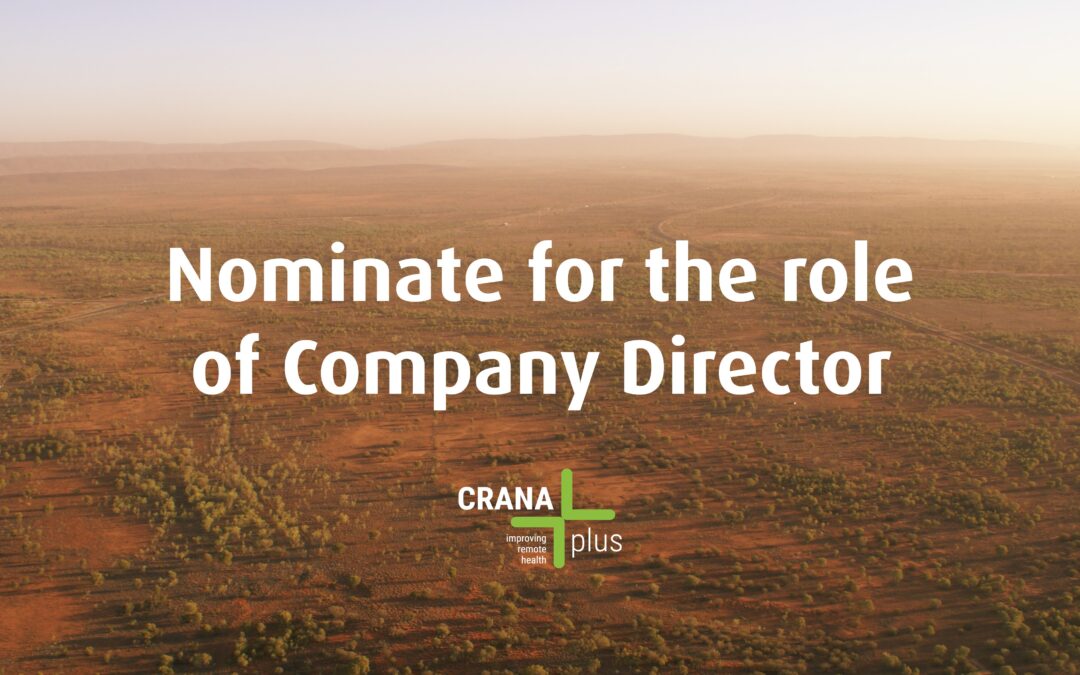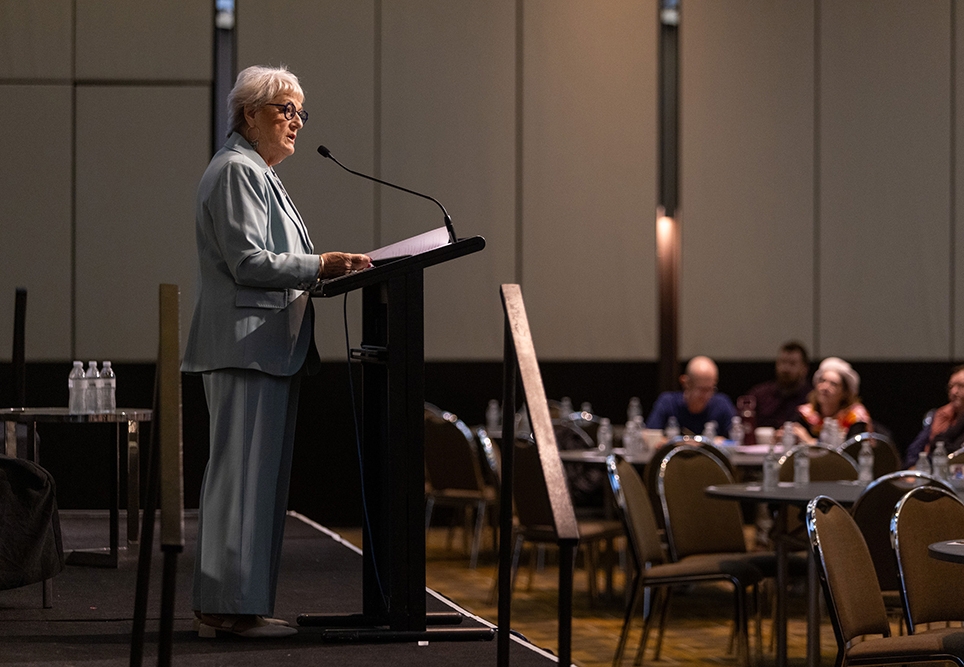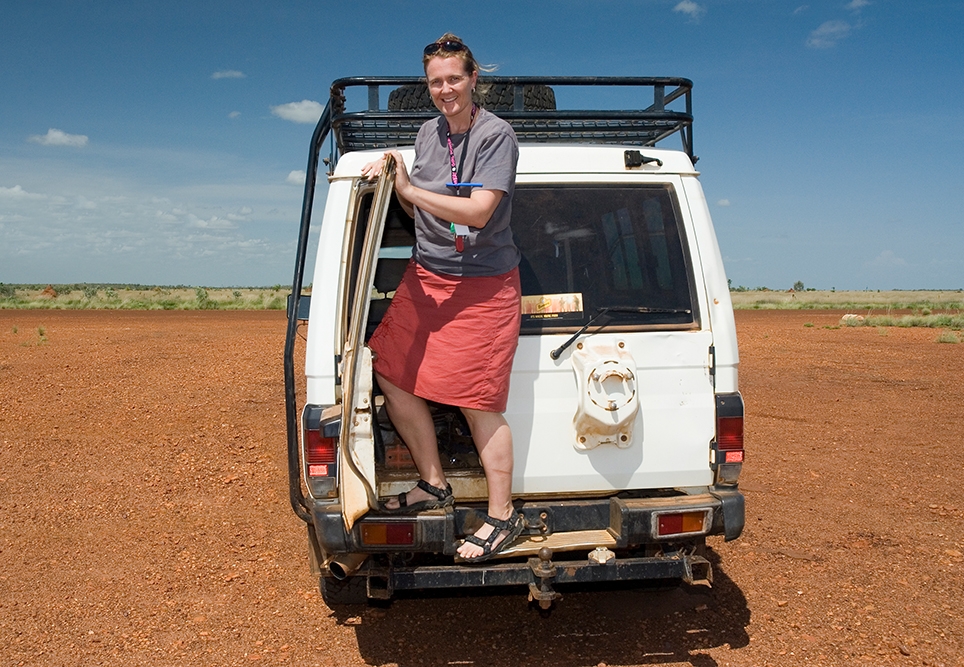A joint media release from Australian College of Nurse Practitioners, CRANAplus, Australian College of Nursing, APNA, Australian Nursing & Midwifery Federation, Drug & Alcohol Nurses of Australasia, and CATSINaM.
Peak Nursing organisations welcome the announcement of additional support for health practitioners to work in rural and remote areas.
The ABC news article, dated 8th December 2021, Government to lure doctors and nurses to rural, regional and remote areas by slashing university debt – ABC News outlines a plan to reduce debt related to University costs leading to practice as a nurse practitioner or medical practitioner, if they work in a rural, regional or remote area.
It is heartening to see Nurse Practitioners included in this plan as they have already demonstrated themselves to be essential providers of health care in Australia, especially in rural, regional and remote areas.
It is important to acknowledge that there are also many registered nurses working in rural, regional and remote areas. Although they comprise the majority of vital health care workers there is already a critical shortage. Many of them are working in advanced roles, and with this additional educational support, they could become the Nurse Practitioners of the future. We seek clarity on whether this plan also includes registered nurses. We would strongly advocate for this.
Despite the recognised incentive that funding for education would create, there are numerous barriers to practice for Nurse Practitioners in all areas of Australia. However, in rural and remote Australia, these are significantly exacerbated. Whilst we fully support the plan to address university debt, without removing the existing government-constructed barriers to practice, it will still not be possible to attract more Nurse Practitioners in any significant numbers. These barriers and their solutions were already identified addressed as part of the MBS review by the Nurse Practitioner Reference Group and supported by the KPMG report commissioned as part of the process. However, none of these recommendations were accepted or implemented by government, and it seems there is still no intention to do so.
Work is underway at federal level on a Nurse Practitioner 10-year plan. It may be possible that some of the barriers will be addressed as part of this work, although as an entirely new process, results will take time for consultation and implementation phases, with no guarantee of success.
Nurse Practitioners are already highly experienced and educated. In order to enter the specific Master’s program, they must have several years of generalist and specialist experience, a Bachelor Degree, and Post Graduate Diploma (or equivalent). These are practitioners that are ready to practise at an advanced level on graduation, and we need to enable them to provide care where it is most needed.
Media enquiries
Sam Richards
Ph: (07) 4047 6446
E: sam.richards@crana.org.au



